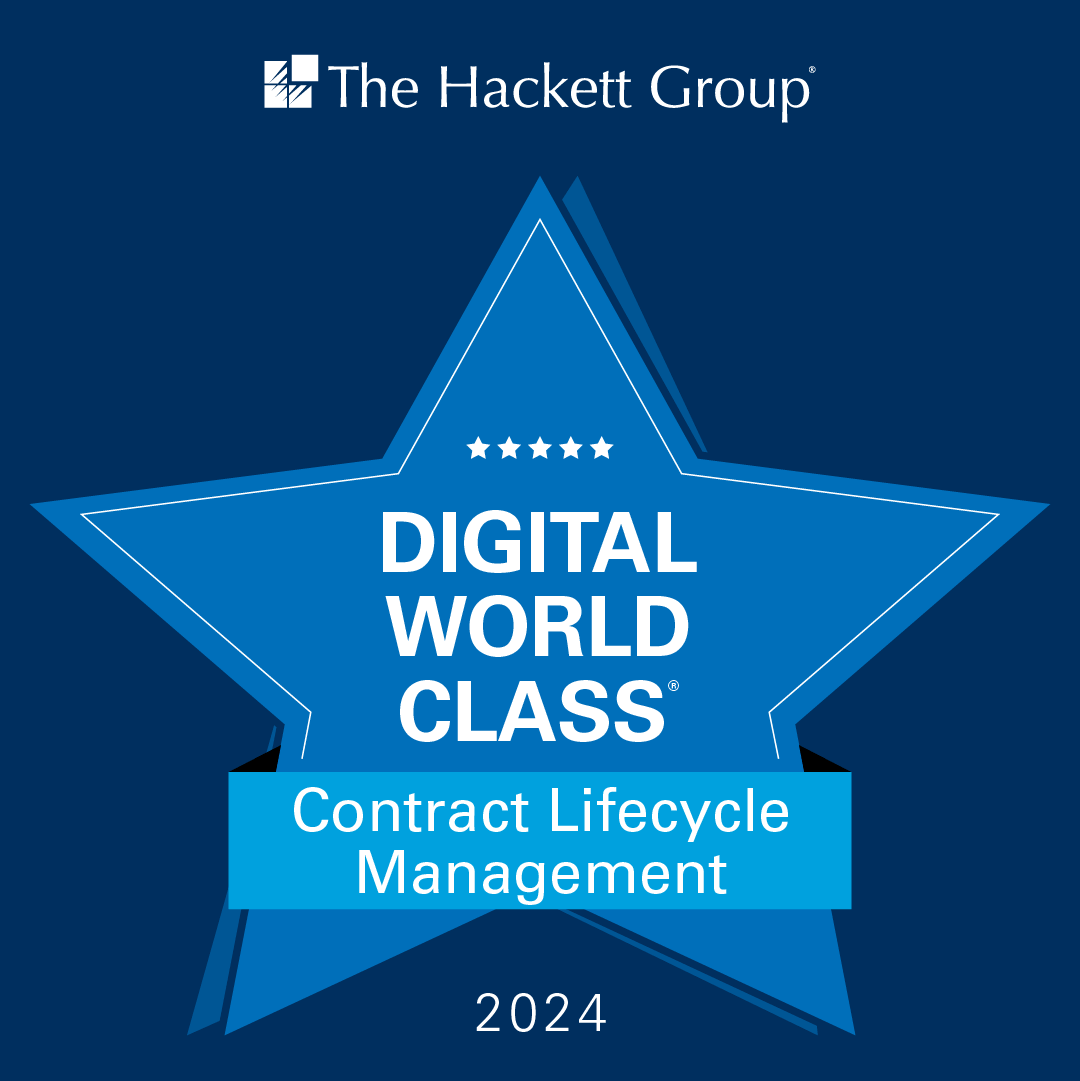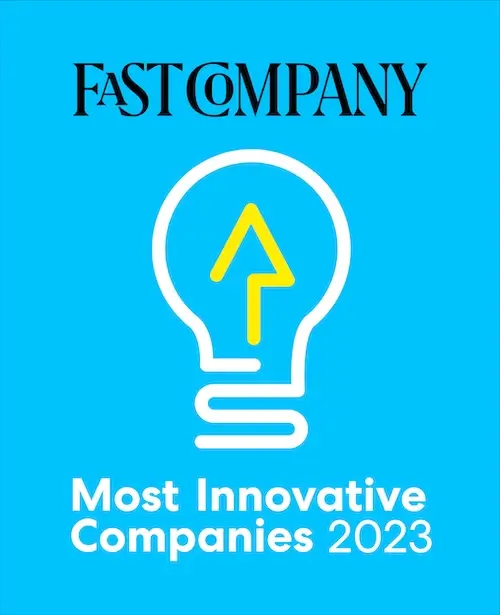This blog discusses the contract development and contract award phase. In a previous post about the pre-contract phase, we broadly described the contract management process divided into three main phases:
Pre-contract phase
Contract development & execution phase
Post-award phase (often referred to as contract compliance/governance)
In this discussion, we will dive into the second phase.
For a thorough review of the contracting process including discussions about terms and conditions, pre-award to contract completion, and what effective contracts are – read our Contract Management 101 eBook. It is a first-step guide to help the legal team, contracting officer, and contract administrators.
CONTRACT DEVELOPMENT & CONTRACT AWARD
The importance of this stage is what each party “gets” out of the relationship.
This second phase is that of creating the agreement and signing off on it. By this stage, both parties would have met, brainstormed and worked out many of the critical issues,. These include needs, obligations, and conditions of the agreement. Contract development is then about taking the details outlined in the pre-contract meetings and drafting an agreement.
CONSTRUCTING THE AGREEMENT
This phase focuses on two concerns. First, is to draft and articulate the terms of the contract. Second, is to negotiate the terms of the agreement. Then adjust it accordingly, and to get the accord signed off by the authorized parties. Significant steps at this phase include:
Drafting the agreement
Detail full commercial terms (eg: pricing for project)
Outline preparations required, implementation, integrations
Include terms for monitoring, inspections, and performance metrics
Clearly state the legal region under which the contract resides
Point out the procedure for contract changes, change control, or adjustments
Add auto-renewal periods or termination clauses
Consider penalties, expiration period, exit plan, and indemnities
Provide payment terms and considerations (period, methods, currency …)
Compliance and regulatory considerations
Negotiating the agreement terms
Authorized parties signing the contract
WHY IS IT IMPORTANT?
Getting to the sign-off stage of a contract can be challenging. As shown above, the creation and contract award are the ‘main events.’ When we think about contracts, agreements, and the process – we invariably think about the actual accord document. In addition, we also think of the back and forth negotiation phase.
At this phase, the intent and concept of the work and relationship are documented. After some give and take, the two parties either agree on the details and form a pact, or conclude by walking away. Therefore, the key importance of this stage is the clear articulation of what each party ‘gets’ out of the relationship and concluding with an agreement from all parties. Next, we will discuss the tools needed for the contract award stage.
TOOLS FOR THE CONTRACT AWARD STAGE
Now, getting to the sign-off stage of a contract can be challenging. Think of the complexities of large, multi-national enterprise contracts that span countries and jurisdictions. There are many steps involved, and often these contracts can be lengthy, and complicated. In the authoring phase, there are many standard clauses to consider, and special conditions from the pre-award meetings. However, there are compliance conditions to remember, your company’s need for consistency across accord documents, and figuring out the clauses that are most likely to be accepted by both parties.
Given the complexity and challenge of this stage, it is always advisable to look for the right tools to help the team. The right tool for this job is a contract management system. They are also known as contract lifecycle management (CLM) systems. Today’s good CLM systems include artificial intelligence (AI) built-in. This helps tremendously by taking the knowledge from all your contracts, to help author the next agreement with standard clauses and conditions. Also, the AI runs quick analytics for consistency, does a first pass review to identify errors and risks, and provides highlights (financials, liabilities, key dates) as good snapshot summaries.
NEXT STEPS
In short, the creating phase and contract award phase is the part that most people think about when asked about contracting. However, it isn’t the end of the contract management cycle. Next in this series is the final part, the post-award phase.
Author:

Sarvarth Misra
Connect with us on Linkedin











